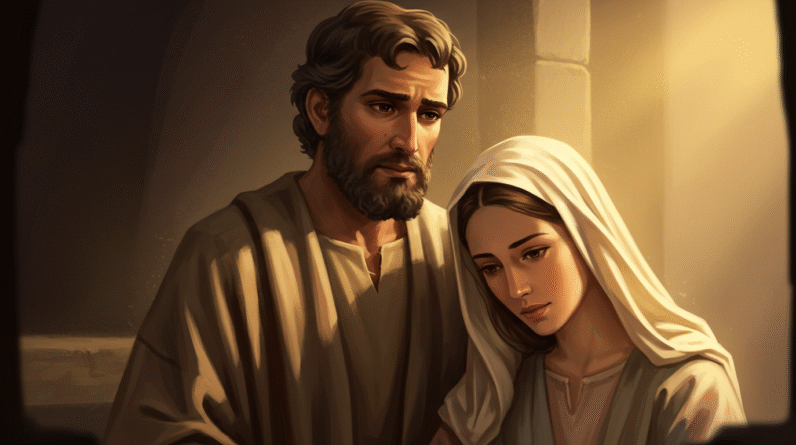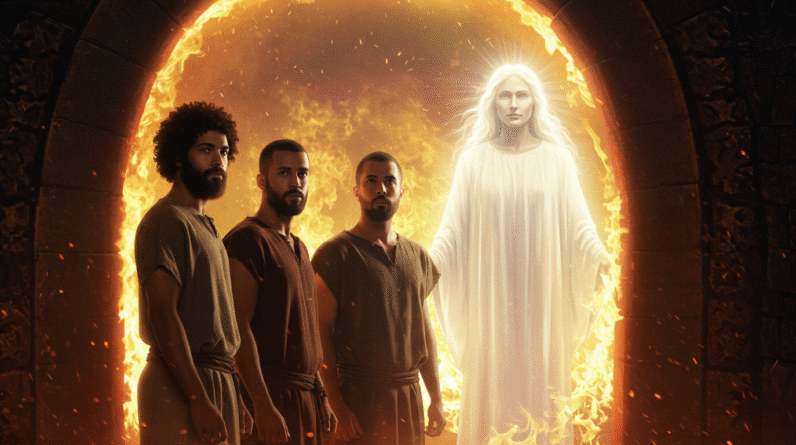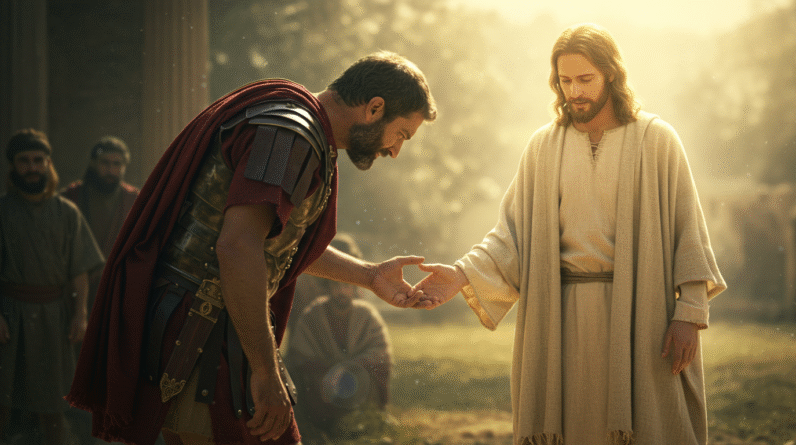Explore timeless lessons on godly leadership from Exodus 18 and 2 Chronicles 34. Discover how Moses and Josiah’s stories inspire faith-driven, ethical leadership today.
Godly Leaders – Exodus 18:13-27; 2 Chronicles 34:1-7
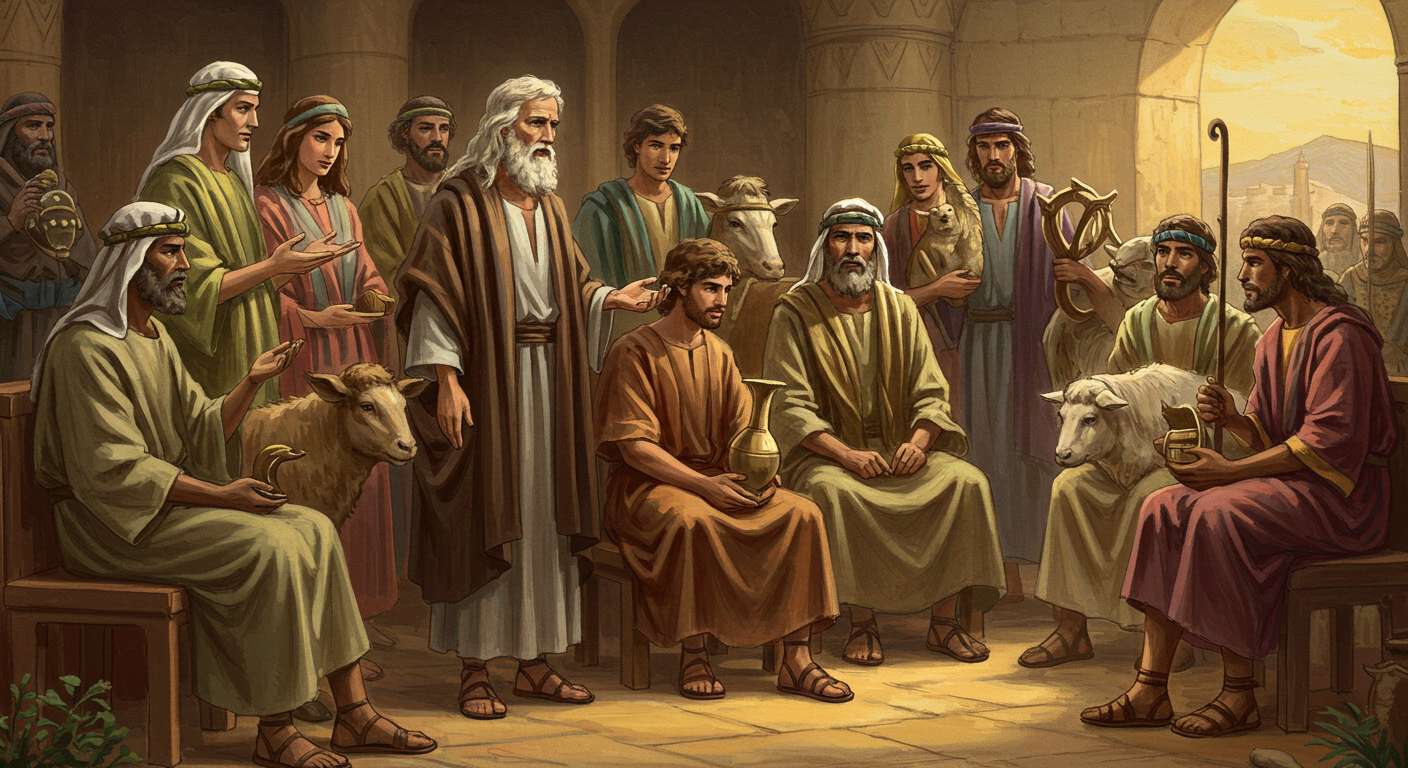
Introduction
In the vast chronicle of the Bible, tales of leadership, guidance, and wisdom bind together communities and individuals alike. Among these narratives, the stories found in Exodus 18:13-27 and 2 Chronicles 34:1-7 highlight not only the essence of godly leadership but also the inherent challenges that come with it. These passages, featuring Jethro advising Moses and young King Josiah’s reforms, offer timeless insights into what it means to lead with faith and integrity. While situated in ancient settings, their experiences resonate deeply with the modern challenges of leadership that you might face in your personal or professional life. This article will explore these powerful stories, draw meaningful lessons, and reflect on their relevance in today’s world.
Jethro and Moses: A Model of Shared Leadership
In the bustling wilderness where the Israelites journeyed, Moses was a beacon of guidance to an entire nation. It was no small task, and soon it became evident that the burden was too great for one man to carry alone. Jethro, Moses’ father-in-law, witnessed the endless line of people seeking Moses’ counsel from day to night. With a heart of wisdom and concern, Jethro advised Moses to delegate responsibilities. He suggested appointing capable men to judge smaller disputes so that Moses could focus on the most difficult cases. This story is not only about efficiency but about sustainability. It’s a lesson on the power of humility in leadership—knowing when to seek counsel and share responsibilities for the greater good.
King Josiah: A Young Reformer with Unwavering Faith
Fast forward to a different epoch in the biblical narrative, we meet Josiah, the youthful king who ascended the throne at just eight years old. Unlike his predecessors, Josiah turned to the God of David, earnestly seeking to renew faith and purify the land from idolatry. His passion for reform led him to cleanse Judah and Jerusalem, breaking down high places, altars to Baal, and Asherah poles. Josiah’s story demonstrates that age is no barrier to becoming a catalyst for godly change. It underscores the importance of unwavering faith and the courage to stand against ingrained corruption, showcasing the transformative power of a leader committed to righteousness.
Lessons from Jethro and Josiah
From these narratives, we’re offered profound lessons on leadership that echo through time. Jethro and Moses teach that no leader should be an island; the importance of teamwork and delegation cannot be overstated. They remind you that humility, wisdom, and the ability to seek guidance from others are crucial. Moses’ acceptance of Jethro’s advice shows that great leaders remain learners for life.
Conversely, Josiah exemplifies that leadership rooted in faith and vision can overcome even the deepest-seated challenges. His youthful vigor, when combined with a will to do good, altered the course of his nation’s spiritual journey. Josiah’s story teaches us that true leadership is characterized by integrity, bravery, and a steadfast devotion to one’s principles, inspiring change through actions, not just words.
Connection to Today’s World
In today’s ever-evolving world, the stories of Jethro, Moses, and Josiah provide a blueprint for contemporary leadership challenges. Whether you’re leading a team in a corporate setting or guiding a community group, these biblical narratives teach that effective leadership often requires collaboration, the acknowledgment of one’s limitations, and the readiness to embrace good advice.
The story of Josiah, in particular, is relevant in an age where leaders are continuously challenged to address systemic issues—whether in politics, business, or social movements. His commitment to righteous reform inspires you to pursue ethical leadership, reminding us that a principled approach can indeed spur societal progress.
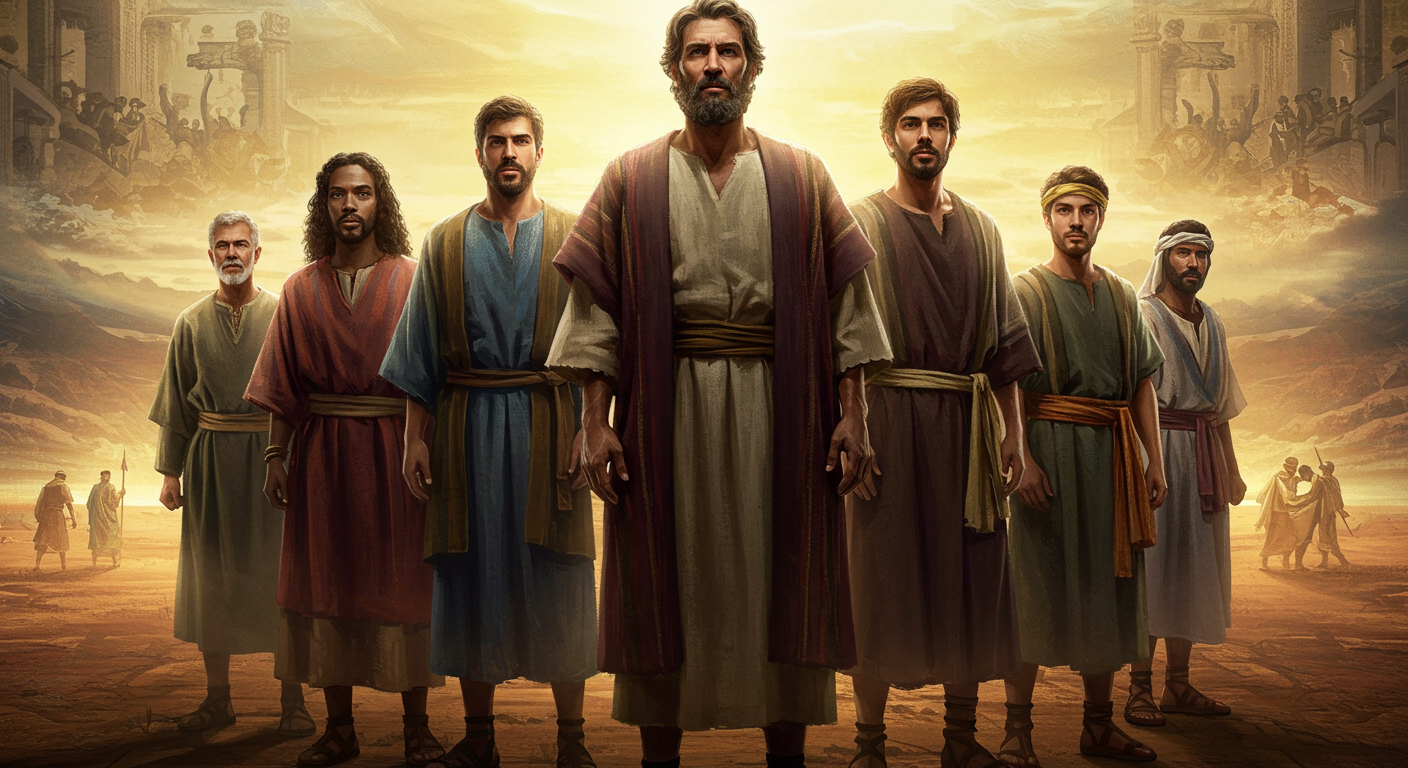
Key Bible Verse
One verse that beautifully encapsulates the ethos of godly leadership can be found in the wisdom of Jethro: “What you are doing is not good. You and these people who come to you will only wear yourselves out. The work is too heavy for you; you cannot handle it alone.” (Exodus 18:17-18). This statement highlights the importance of shared leadership and the potential for burnout when one tries to shoulder every burden single-handedly.
Thought-Provoking Question
In considering these scriptural lessons, reflect upon this: As a leader or someone in a position to influence others, do you actively seek wisdom and share responsibilities, ensuring that your leadership fosters sustainability and growth for everyone involved?
Historical and Cultural Context
Understanding the historical and cultural backdrop of these stories adds depth to their significance. In Jethro’s encounter with Moses, the practice of centralizing judgment under a single leader was common. The wisdom in dividing this labor among trustworthy individuals was groundbreaking and highlights the innovative nature of Jethro’s counsel.
With Josiah, his rise to the throne and subsequent reforms came after a period marked by his father’s and grandfather’s idolatrous practices. His reign was revolutionary and signaled a radical return to the spiritual roots of his people, despite being so young. It reflects how transformative leadership can emerge even amidst challenging times.
Comparison with Other Characters
A comparison can be drawn between Moses and another biblical character known for appointing leaders—Nehemiah. Like Moses, Nehemiah recognized the need to delegate responsibilities to capable leaders, demonstrating that collective effort yields a more effective result. Similarly, Josiah can be compared to Hezekiah, another king who sought to return his people to a path of righteousness, showing that reformist leadership has been a recurring theme within the biblical narrative.
Prayer
Here’s a prayer inspired by the wisdom exhibited in these stories:
Dear God, grant me the humility to seek guidance and the courage to accept wise counsel. Help me to shoulder responsibilities wisely and to lead with integrity and faith, just as Moses and Josiah did. May I be a beacon of transformative change, committed to positive actions that reflect Your principles. Amen.
In wrapping up, these narratives serve as enduring reminders that effective leadership is both a gift and a responsibility. As you grapple with these timeless lessons, remember to explore the scripture references for further insight.



